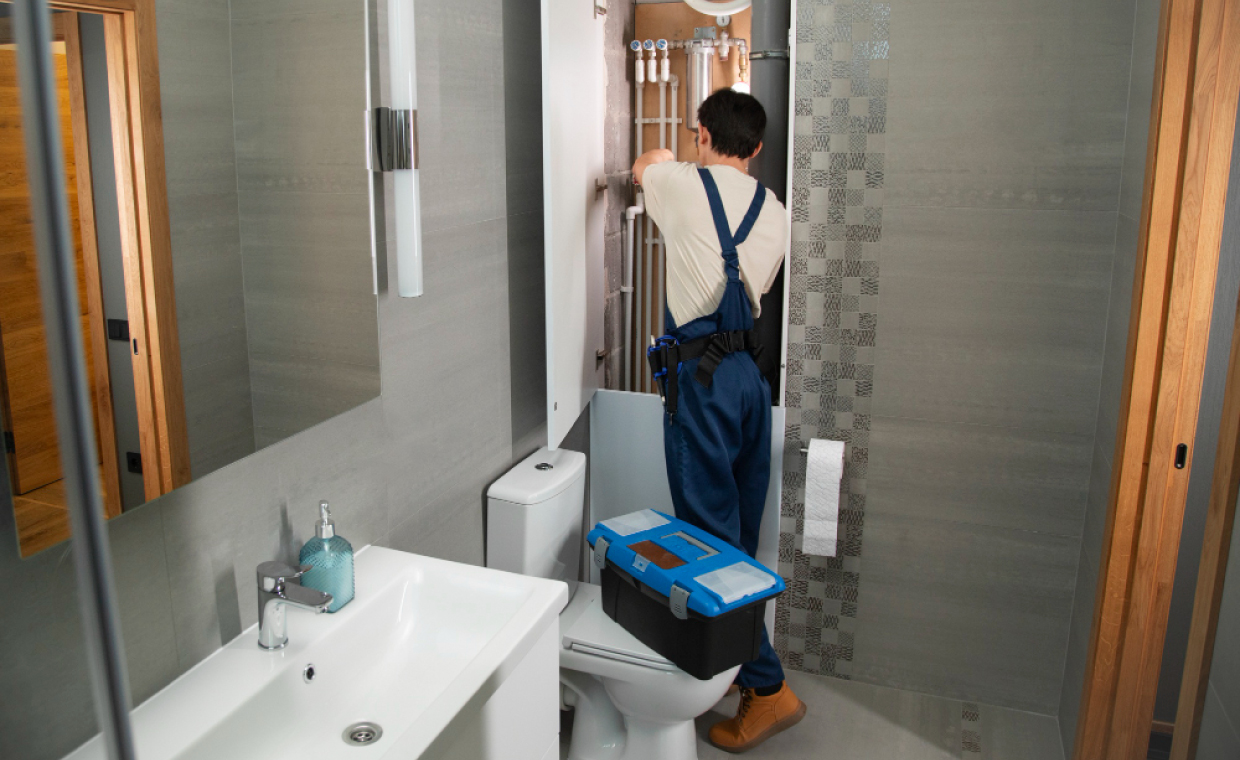
Moving to new country can be incredibly exciting, but you may also be feeling very overwhelmed. There is a lot to cross off your list before you relocate, and sometimes the things that seem simple can be the most challenging!
One of the most difficult parts of moving is finding the perfect home. There are several things to consider when searching for a house in a foreign country that you may not be used to.
Tips to Follow When Moving Abroad
In this article, we will discuss eight house-hunting tips that will help you find your dream home abroad while ensuring that you avoid any unexpected hassle.
Sound interesting? Then let’s get started.
01. Familiarize Yourself with Local Laws

Every country has different rules and regulations regarding real estate. You may have to meet certain requirements before you are eligible to both rent or own a home.
Before you start moving to a new country, familiarize yourself with the local laws relating to property ownership, taxes, and rental agreements. This will help you avoid disappointment, and you’ll have a good idea of how long it will take you to settle into a property.
02. Determine Your Budget

The next step is to determine your housing budget. Moving abroad is expensive, and you don’t want to end up paying for something you can’t afford.
Check the cost of living in the country you’re moving to carefully. Keep in mind things such as utilities, groceries, transport, Cigna global health insurance, etc. when assessing your income.
Remember, global prices are different, so don’t assume that your current budget will be adequate. You may be moving to a location where items are cheaper, or you could be relocating to a destination with a higher cost of living.
03. Research Neighborhoods

You aren’t just moving into a new home, but also a new neighborhood. So, when searching for houses, start by researching the neighborhoods in your chosen town or city.
You want to choose somewhere that is not only safe, but in close proximity to public transport, supermarkets, and schools. Trust us when we say, this isn’t a process you want to rush. Otherwise, you may end up moving again shortly after arriving.
04. Work with a Real Estate Agent

A local real estate agent is an invaluable resource when house-hunting. They can help you navigate local rules and regulations, find properties that meet your criteria, and negotiate on your behalf.
When choosing a real estate agent to assist, there are a few things to watch out for. You’ll want someone who:
- Has great knowledge of the area
- Has experience helping expats
- Is easy to communicate with
- Understands your individual needs and requirements
05. Understand the Climate

It might sound strange, but climate is an important factor to think about. You want to choose a home that is suitable for the yearly conditions.
For instance, you might prefer a house facing toward the sun if you will be battling the cold most of the year. You should also note that the electric bills could be much higher than you’re used to. Something as simple as a home’s positioning could save you a lot of money.
06. Visit Properties

When looking for a new home overseas, your first thought is to take virtual tours of properties online. However, while these are great to get a feel for the space, it’s still wise to schedule a real viewing.
Relying too much on online listings could end up causing you further problems. By physically seeing the property you can rule out potential issues such as water damage, poor insulation, and noisy neighbours.
07. Consider Language Barriers

Language barriers can be one of the most challenging parts of moving abroad, so always have a plan in place if you don’t understand the local lingo. While some individuals may speak English, it’s possible that you’ll have to work with an agent or translator who can help you communicate.
You may have to pay for their assistance, so keep this in mind when establishing your budget. Of course, it’s best to learn a few of the common phrases yourself too.
08. Prepare for Culture Shock
Lastly, before you start house-hunting, remember that there will be differences in culture and customs. Be prepared for unique home styles, appliances, and housing standards that are not what you are used to.
Culture shock can be exhausting, but it often means that you are opening up to the world around you. Be open-minded and willing to adapt – you might be pleasantly surprised at what there is to discover.
Final Words
And that’s it! While house-hunting abroad may seem daunting, following these tips should help make the process smoother and more manageable. Remember, it’s important to take your time and be willing to adjust your expectations.
You might not find your dream home straight away, but it will happen eventually. You just have to be patient!
You may also love to read following article too:
Am I Ready to Own a House? A Complete Guide for Intending Homebuyers






























